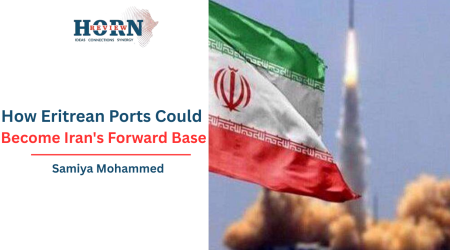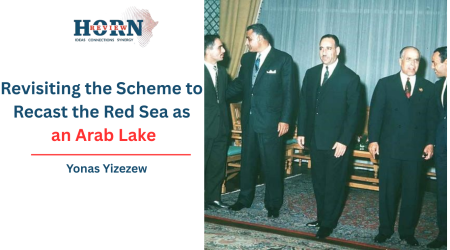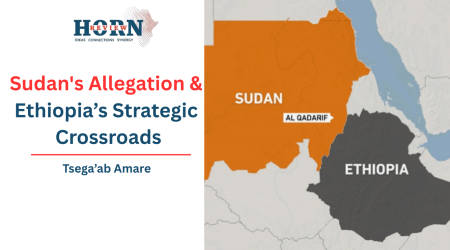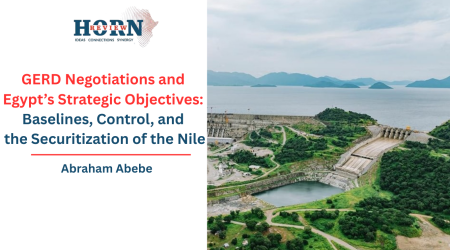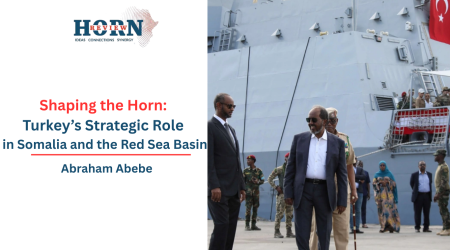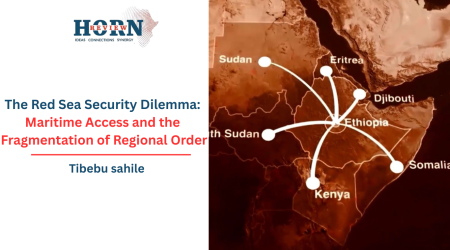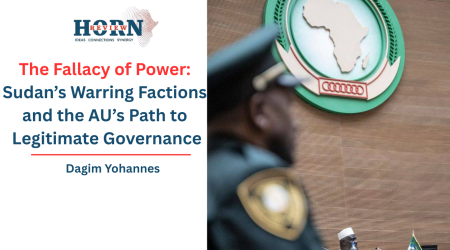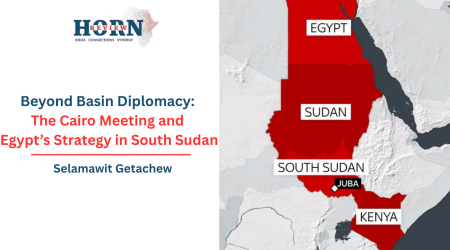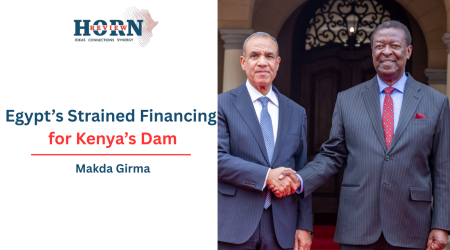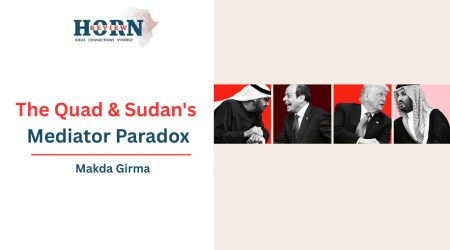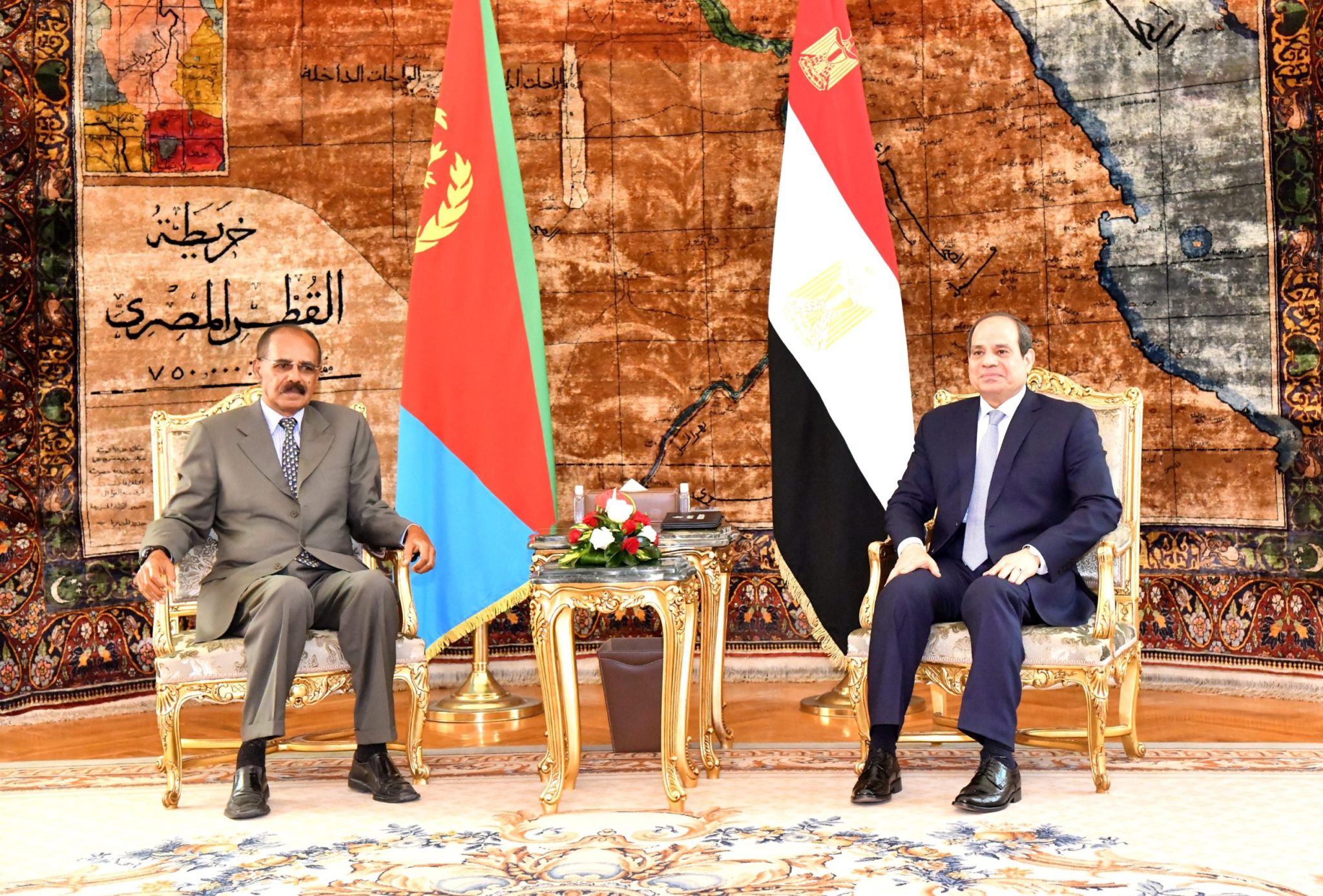
31
Mar
Strategic Calculations in the Egypt-Eritrea Alignment: Regional Dynamics and Implications
The resurgence of the Egypt-Eritrea pact underscores the fragile and fluid nature of regional alignments in the Horn of Africa, where historical grievances, strategic imperatives, and reactive maneuvering coalesce to produce partnerships of expediency rather than conviction.
Egypt’s broader regional strategy is inherently multifaceted, spanning issues of instability in Sudan, Libya, and the Sahel while simultaneously ensuring the security of critical economic arteries such as the Suez Canal. Central to this strategic calculus is the imperative of maintaining dominion over the Red Sea, a maritime corridor whose stability is paramount to both economic and military considerations.
The Grand Ethiopian Renaissance Dam (GERD), now approaching completion and poised for inauguration before the end of 2025, represents a strategic defeat for Egypt, compelling a recalibration of its countermeasures against Ethiopia. By aligning with Eritrea, Egypt aims to curb Ethiopia’s aspirations for maritime access, thereby consolidating its own leverage in Red Sea governance. Recent high-level diplomatic engagements have reaffirmed this agenda, with explicit emphasis on the necessity for coastal states to retain control over the region and rebuff external ambitions, chief among them, Ethiopia’s.
The Egypt-Eritrea alliance epitomizes a reactive foreign policy rather than one born of deeply aligned strategic visions. It is primarily a convergence of interests driven by shared opposition to Ethiopia’s expanding regional influence. For Egypt, whose dependence on the Nile renders Ethiopia’s hydropolitical ascendancy an existential concern, the inability to halt GERD’s construction has underscored the urgency of counterbalancing Ethiopian influence by alternative means. Eritrea, in turn, finds in Egypt a powerful patron whose strategic imperatives resonate with its own historical enmity toward Ethiopia. While Ethiopia seeks to entrench its influence in the Horn of Africa and fortify its maritime corridors, Eritrea’s alignment with Cairo reflects a pragmatic choice, an association with a regional heavyweight that offers diplomatic and military backing against an assertive neighbor.
Since its independence in 1993, Eritrea’s foreign policy has been predominantly shaped by the imperative of countering perceived threats from neighboring powers. The country has consistently engaged in instrumentalist diplomacy, leveraging alliances not for developmental synergy but as tactical hedges against existential vulnerabilities. This approach is evident not only in its fraught relations with Ethiopia but also in its engagements with other regional actors. Eritrea’s interactions with Djibouti, for instance, have been marred by persistent border disputes, where deterrence has superseded cooperative engagement. Similarly, its stance toward Sudan has oscillated between suspicion and antagonism, characterized by periodic support for insurgent factions as a means of strategic leverage. This pattern of reactive diplomacy underpins Eritrea’s broader strategic doctrine, alliances are less about fostering stability than about containing threats from regional actors perceived as adversarial.
The brief rapprochement between Eritrea and Ethiopia following the ascension of Ethiopia’s new administration in 2018 was a rare departure from this entrenched animosity. However, the normalization process proved ephemeral, with relations quickly deteriorating into renewed hostility. Against this backdrop, Egypt’s engagement with Eritrea is less a rekindling of an old alliance than a recalibration of strategic postures in response to Ethiopia’s resurgent assertiveness. Egypt’s failure to secure an advantageous water-sharing arrangement with Ethiopia has only intensified its urgency to cultivate alternative geopolitical counterweights, rendering Eritrea a willing, albeit constrained, partner in this grander strategic realignment.
The involvement of Somalia in this diplomatic equation further complicates the regional landscape. The Ankara Declaration and the ensuing normalization of relations between Somalia and Ethiopia have created a new dynamic, within which Somalia’s participation in a tripartite coordination mechanism with Egypt and Eritrea reflects both continuity and contradiction. While the ostensible objectives of this trilateral engagement are the promotion of regional stability and counter terrorism efforts, its underlying strategic calculus is unmistakable, it serves as an implicit bulwark against Ethiopia’s maritime and geopolitical ambitions.
A critical analytical lens through which to assess the Egypt-Eritrea alliance is the stark asymmetry that defines it. Egypt, with a formidable GDP of approximately $400 billion, possesses substantial economic and military heft, enabling it to project influence across a spectrum of regional concerns. Its expansive foreign policy encompasses not only the Nile waters but a broader set of geopolitical imperatives, affording it considerable diplomatic dexterity.
In stark contrast, Eritrea remains economically marginal, with a GDP that pales in comparison, and its military capacity is comparatively limited. Consequently, Eritrea’s engagement in this alliance is not that of an equal partner but rather that of a minor actor whose geopolitical significance is being instrumentalized by a more dominant player. Egypt, with its broad strategic purview, stands to reap disproportionate benefits, leveraging Eritrea as a counterweight in its wider regional maneuvers, while Eritrea’s narrow focus on curbing Ethiopia’s influence leaves it with limited strategic dividends.
The inherent risk of the Egypt-Eritrea alignment lies in its potential to exacerbate regional volatility. By positioning Eritrea as a proxy against Ethiopia, Egypt may inadvertently deepen hostilities rather than securing cooperative outcomes. Given the alliance’s reactive nature and its lack of a sustainable, mutually beneficial framework, it remains vulnerable to shifts in regional power dynamics.
For Ethiopia, the ramifications of this alignment are profound. A persistent Egypt-Eritrea axis, particularly one bolstered by Somalia’s participation in a tripartite framework, could lead to diplomatic and military encirclement. Such a scenario might induce Ethiopia to escalate its military preparedness and economic mobilization, potentially triggering an arms race or even direct confrontation.
However, rather than succumbing to reactionary impulses, Ethiopia would be best served by a long-term strategy centered on economic fortification and multilateral engagement, ensuring that its regional ambitions are secured through sustainable development rather than perpetual conflict.

